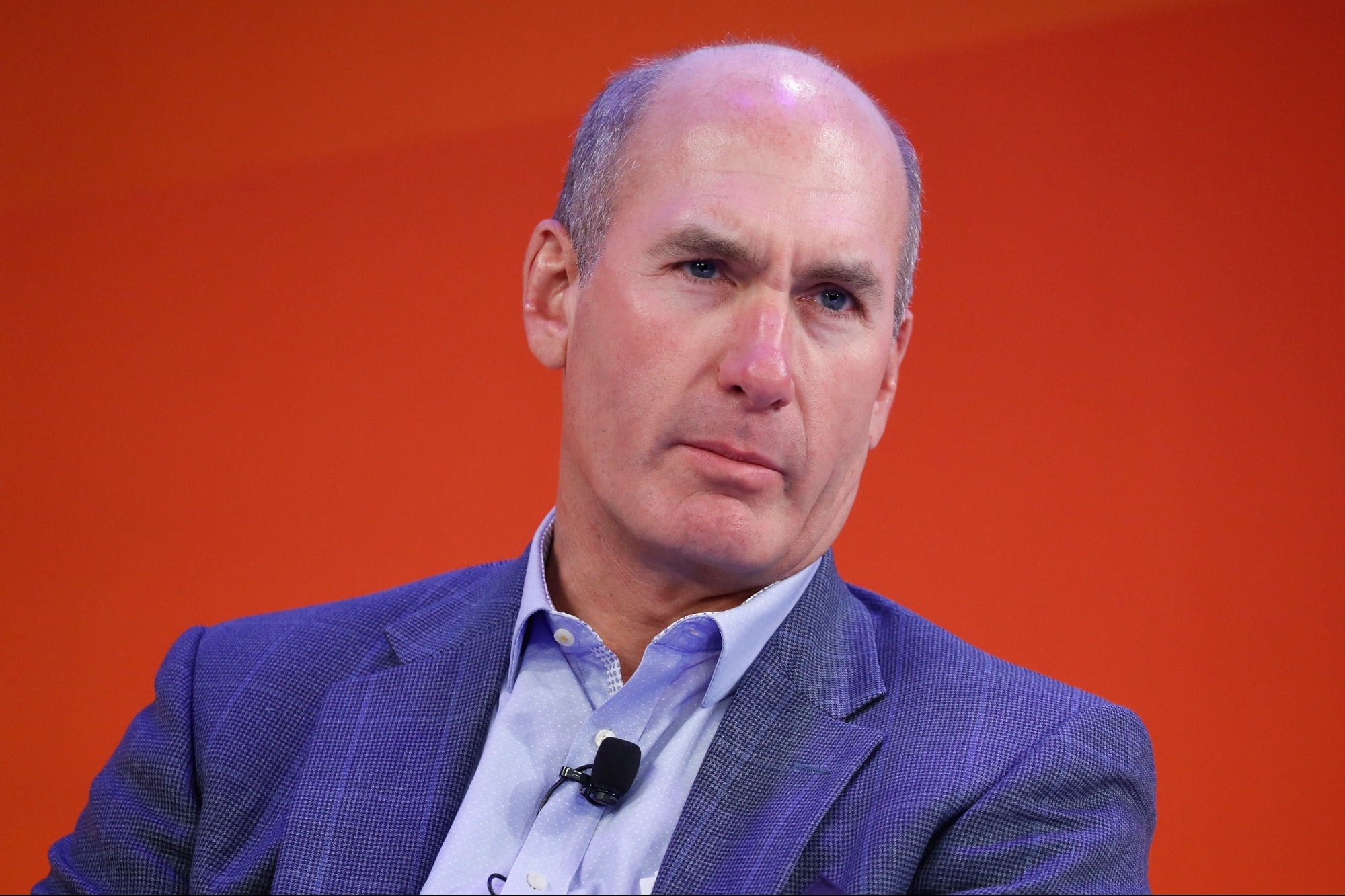Opinions expressed by Entrepreneur contributors are their own.
Inflation and rising costs post-pandemic have hit restaurateurs hard, forcing many to evolve their business strategies to stay afloat. According to Dr. Anne McBride, vice president of impact at the James Beard Foundation, and chef D’Andre Carter, owner of Soul & Smoke, the industry’s resilience stems from a shared commitment to hospitality, culture and community.
“On average, independent restaurants make 3-5% profit margins, and that’s on good days,” McBride says. “You are getting into this business because you truly believe in hospitality. Restaurants are so central to anything that we do outside the house. And that’s what I think drives that resilience, this cultural importance that they place in our lives.”
Related: This Is What the CEO of Kickstarter Wishes Aspiring Entrepreneurs Knew
At Soul & Smoke, a Chicago-based restaurant business with three brick-and-mortar locations and two food trucks, Carter says customer connection is core to its mission.
“We are 100% connected to our customers and the community,” Carter says. “Independent restaurants are vital to the community. We live here, work here and source here. Just like [McBride] mentioned, all the revenue that comes in gets spent back into the community.”
Carter also values transparency, especially when it comes to rising costs. His strategies for staying attuned to customer sentiment include connecting via social media, creating new menu items and paying attention to demand. “I want guests to be able to dine at Soul & Smoke,” he says. “I don’t want anyone to feel like they can’t afford to come have a dining experience.”
Related: She Created the Dance Studio She Was Looking For. Now, It’s a Nationwide Brand.
One way restaurants can do this is by using data. The James Beard Foundation releases a report every year about the state of the industry, which can help entrepreneurs make informed decisions.
“One of the key pieces of data of the 2025 [Independent Restaurant Industry Report] was that almost everyone increased their prices,” McBride says. “But there is a drop-off after 15% — up to 15% increased profits. Anything higher than that, and profits drop. So this is actionable information that owners can use when they’re looking at their menus.”
Carter relies on data to drive daily operations and long-term planning. “We have to use our sales history to determine how to run a business,” he says. “We use data on how to schedule the employees for work. We use data to inform us on how much food we need to order, how much food we need to prep. That’s the only way you’re gonna be successful in today’s industry.”
Still, numbers are just one piece of the puzzle. For Carter, using technology intentionally helps to create connections both inside and outside the kitchen. “Social media is how we stay connected with our community,” he says. “[It allows us to be] authentic and more natural [in showing the] reason why we do the things that we do.”
From showcasing what’s on the smoker to letting customers know where the truck will be parked, Carter sees social media as a powerful tool that helps Soul & Smoke stay top-of-mind. Still, being on camera didn’t come naturally.
“That was something I had to grow into,” he says. “Being a chef these days is not just about cooking the food. You’ve got to learn how to work with technology. You have to learn. You have to be comfortable with social media. You have to be a mentor. You have to be a community activist. [There are] so many different layers of being a chef in today’s world. It shows that the industry is growing and evolving.”
Related: She Went From Teacher to Owning a Business in an Unexpected Industry – And Wants Others to Do the Same: ‘There Is So Much Opportunity’
For Carter, showing up for his neighborhood is part of the business model, not an afterthought. “Being there for the community, supporting the causes that people really care about — people don’t forget that,” he says.
One example of this commitment is Soul & Smoke’s community fridge, where the team donates fresh meals every day and encourages others to do the same. According to McBride, this kind of community engagement not only builds loyalty but also creates a lasting brand identity.
“You have to make the experience of visiting you a differentiator,” she says. “The key element is authenticity and engagement. Today’s customers, more and more, want to patronize businesses that they feel match their values.”
On top of engagement, Soul & Smoke also differentiates itself by collaborating with local businesses. “No one’s really running a business by themselves,” Carter says. “We partner with different dessert companies [and] a local brewery. That way, anytime we want to announce something, [those partners have] the incentive to push that out as well.”
Related: He Went From Customer to CEO of a Rapidly-Expanding Dessert Chain By Following This Process
Partnerships, technology, data and storytelling all play a role, but none of them work without listening to feedback. That’s why Carter and his team take every online review seriously.
“We read every review,” he says. “We take every review seriously, and we discuss it as a team. Sometimes we get really good reviews on how my gumbo reminded them of when they were in New Orleans, and they’ll always make me feel good.”
Even critical reviews can offer opportunities to grow. When customers complained that the brisket was too fatty, for example, Carter didn’t push back. He simply added a less fatty option to accommodate those preferences. “We offered the customer different cuts of the brisket, and honestly, the bad reviews kinda went away,” he says.
It’s that kind of flexibility that defines how independent restaurants like Soul & Smoke are not just surviving but evolving.
“Don’t give up. Be flexible,” Carter says. “Try your best to be a people person. Listen to the customers. Listen to your staff. That goes a long way.”
Carter and McBride offer clear, tested advice for business owners.
- Lead with purpose. Your business is part of the neighborhood. Show up for your community, support causes you believe in and build something that gives back.
- Choose the best tools for your business. From data collection to social media, technology is essential. Use it to inform decisions, connect with customers and tell your story in real time.
- Stay rooted in authenticity. People want to support businesses that reflect their values. Be transparent, be human and don’t be afraid to show what’s happening behind the scenes.
- Listen and adapt. Not every piece of feedback will be easy to hear, but it can help you grow. Read, respond to and use reviews to identify patterns and evolve your business.
- Build something bigger than the product. A great product draws people in, but culture, connection and care are what keep them coming back. When you lead with heart, the audience will follow.
Watch the episode above to hear directly from McBride and Carter, and subscribe to Behind the Review for more from new business owners and reviewers every Wednesday.
Editorial contributions by Jiah Choe and Kristi Lindahl
This article is part of our ongoing America’s Favorite Mom & Pop Shops™ series highlighting family-owned and operated businesses.
Ready to break through your revenue ceiling? Join us at Level Up, a conference for ambitious business leaders to unlock new growth opportunities.








